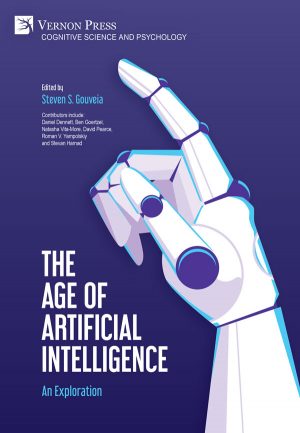Many experimental brain-computer interfaces (BCIs) are currently being medically tested in paralyzed patients. While the new generations of implantable BCIs move rapidly ahead at trying to increase the patients’ well-being, ethical concerns about their potential effects on patients’ psychological dimensions (e.g. sense of agency and control) are growing. An important ethical concern to explore is […]
Laboratory for Ethical Aspects of Advanced Digital Technology
Is enhancement with brain–computer interfaces ethical? Evidence in favor of symbiotic augmentation
This book chapter clarifies the unique status of BCI enhancement as symbiotic augmentation based on three distinct characteristics, which we derive from evidence pertaining to empirical cases of implanted patients…This chapter clarifies the concept of symbiotic augmentation and shows how the symbiotic ethical framework aids the users to coherently integrate the changes to personal self-understanding, […]
Robots as moral environments
In this philosophical exploration, we investigate the concept of robotic moral environment interaction. The common view understands moral interaction to occur between agents endowed with ethical and interactive capacities. However, recent developments in moral philosophy argue that moral interaction also occurs in relation to the environment. Here conditions and situations of the environment contribute to […]
Does AI Brain Implant Compromise Agency? Examining Potential Harms of Brain-Computer Interfaces on Self-Determination
Novel generations of Brain-Computer Interface (BCI) technologies operated by AI, in particular, predictive neurotechnologies, offer enormous potential to support implanted individuals’ decisions and capacities for self-determination, such as empowering agential cognitive capacities. This chapter examines the ethics of predictive AI BCI, especially the question of potential risks of harm associated with having a predictive AI […]
Informed consent, military medical enhancement, and autonomous AI systems: requirements, implications, concerns
Inspired by the recent development of autonomous artificial intelligence (AI) systems inmilitary and medical applications I envision the use of one such system, an AI-empowered exoskeleton smart-suit called the Praetor Suit, to question the important ethical issues stemming from its use. The Praetor Suit would have the ability to monitor the service member’s physiological and […]




